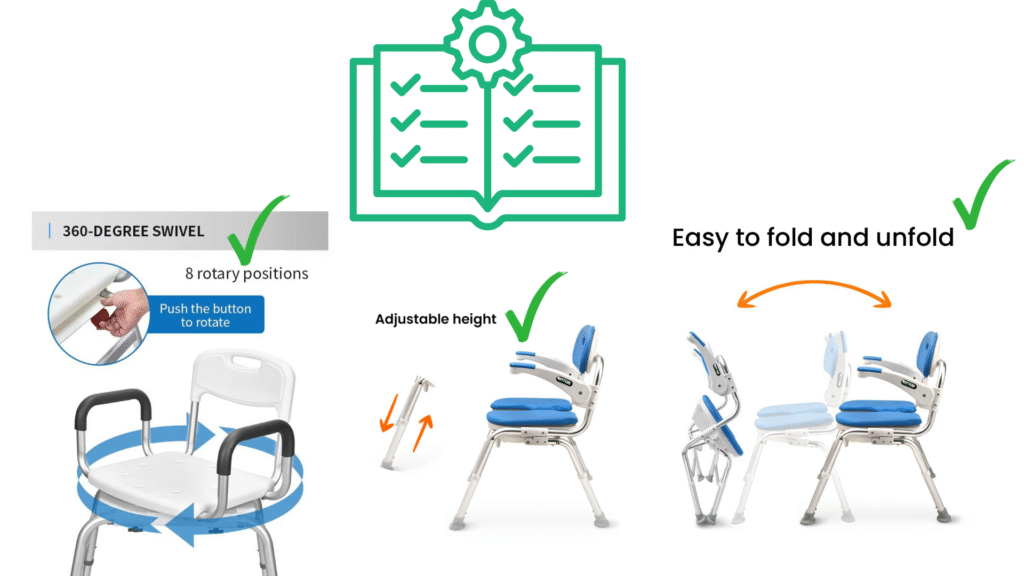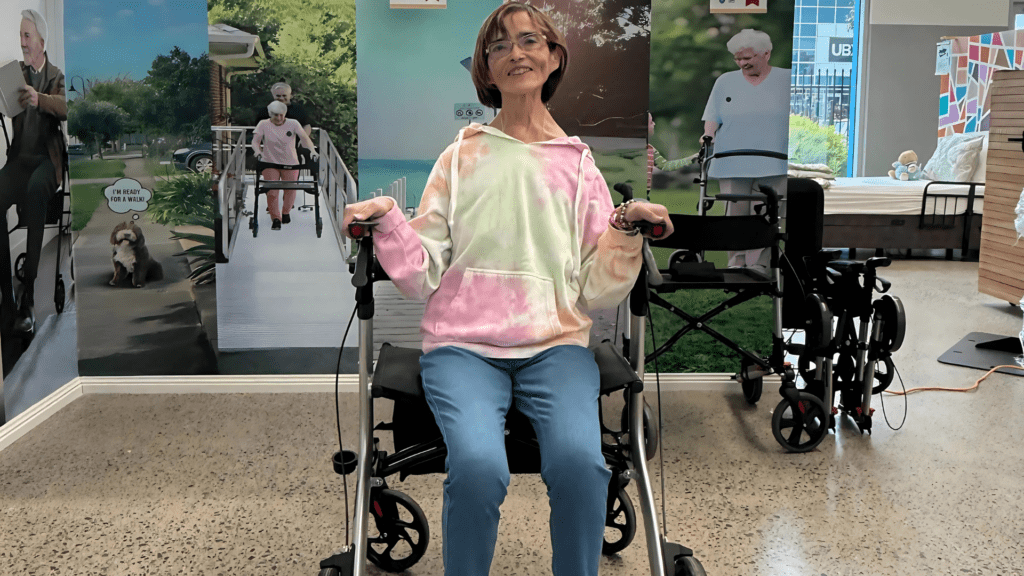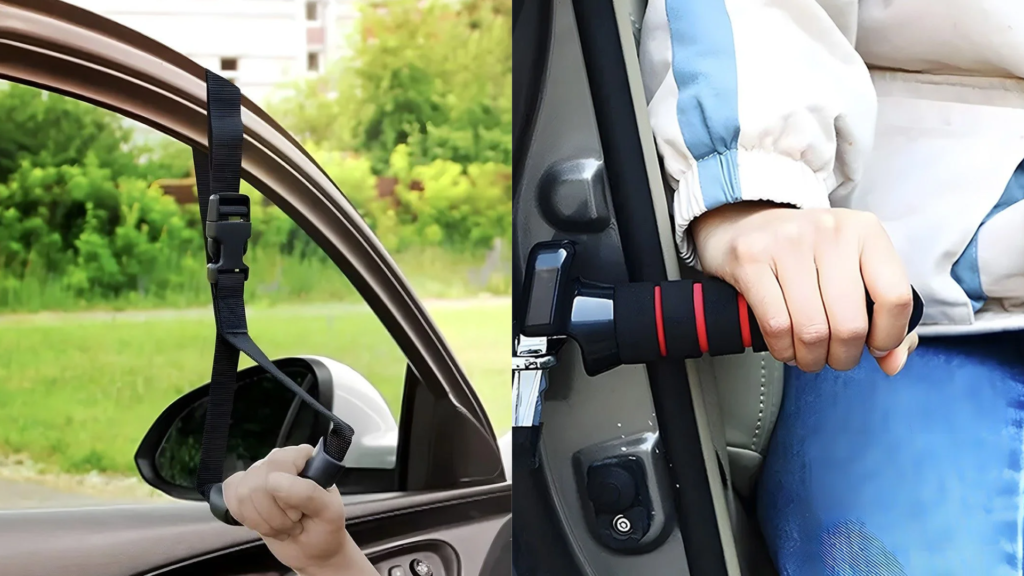Bathroom falls are a serious concern for seniors, disabled adults, and anyone with mobility challenges. Wet, slippery surfaces combined with limited balance or strength can quickly turn a routine shower into a safety hazard. Using a shower chair is one of the most effective ways to reduce the risk of slips and injuries while maintaining independence.
At Care With Us Australia, we offer a range of shower chairs suitable for elderly users, NDIS participants, and allied health recommendations. This guide explains how shower chairs improve safety, the types available, and practical tips for use.
Introduction: Why Bathroom Safety Matters
The bathroom is one of the most common locations for falls in the home. For seniors and people with disabilities, a minor slip can lead to severe injuries such as fractures or head trauma. Installing assistive equipment like shower chairs, grab rails, and non-slip mats significantly lowers the risk and helps users maintain independence in daily hygiene routines.
Common Causes of Bathroom Falls
Understanding why falls occur helps in prevention:
- Wet and slippery floors
- Limited mobility or balance issues
- Difficulty stepping over bathtub edges
- Muscle weakness or chronic conditions
- Inadequate support or poorly designed bathroom spaces
Shower chairs address many of these factors by providing a stable, supportive seat during bathing.
How Shower Chairs Improve Safety for Seniors and Disabled Adults
Shower chairs offer multiple safety benefits:
- Reduce the risk of slips and falls by providing a secure sitting position
- Allow users to shower without standing for long periods
- Provide armrests and back support for stability
- Enable caregivers to assist safely when required
Shower chairs are a simple yet highly effective solution for mobility aids in the bathroom.
Types of Shower Chairs: Folding, Bariatric, With Arms, and More
Different shower chairs cater to varying needs:
- Folding shower chair: Lightweight and easy to store for small bathrooms
- Bariatric shower chair: Extra-wide and strong for users with higher weight requirements
- Shower chair with arms: Added stability and ease of standing
- 360 rotation shower chair: Smooth pivoting for easy entry and exit
Features to Look for in a Shower Chair
When selecting a shower chair, consider:
- Non-slip rubber feet or suction cups for stability
- Adjustable height for comfort and accessibility
- Water-resistant and easy-to-clean materials
- Armrests and back support for balance and comfort
- Foldable or portable design for small spaces
NDIS and Allied Health Recommendations for Shower Chairs
Many shower chairs are NDIS-approved in Victoria, allowing funding for eligible participants. Allied health professionals and occupational therapists often recommend specific models based on:
- Individual mobility and strength
- Home bathroom layout
- Safety needs and personal preferences
Using a chair recommended by professionals ensures the highest level of safety and usability.
Practical Tips for Installing and Using a Shower Chair Safely
- Position the chair on a flat, stable surface
- Ensure feet and suction cups are secure
- Keep essential bathing items within reach to minimize movement
- Combine with grab rails and non-slip mats for added safety
- Regularly inspect the chair for wear, rust, or loose parts
Proper installation and daily use maximize the safety benefits of a shower chair.
Conclusion
Shower chairs are essential for preventing bathroom falls and promoting independence among seniors and disabled adults. Key points to remember:
- Shower chairs reduce the risk of slips and injuries
- Models are available to suit different needs, including bariatric, foldable, and elderly-specific designs
- NDIS-approved shower chairs provide funding support for eligible users
- Combined with grab rails and non-slip mats, shower chairs form a comprehensive bathroom safety solution


FAQs
Q1. What is the main benefit of using a shower chair?
A shower chair provides a stable, supportive seat during bathing, reducing the risk of slips and falls.
Q2. Are there shower chairs suitable for elderly users with limited strength?
Yes. Chairs with armrests, back support, and height adjustability help users with limited mobility or strength.
Q3. Can I get NDIS-funded shower chairs in Victoria?
Yes. Many shower chairs are NDIS-approved, and eligible participants may receive funding for suitable models.
Q4. What types of shower chairs are available?
Options include folding shower chairs, bariatric chairs, chairs with arms, and 360 rotation models for easier access.
Q5. How do I ensure my shower chair is safe to use?
Check that the chair is on a flat surface, secure the feet or suction cups, keep bathing items within reach, and inspect for wear regularly.
Q6. Can shower chairs be used in small bathrooms?
Yes. Foldable and compact models are designed to fit smaller spaces while maintaining safety and stability.



